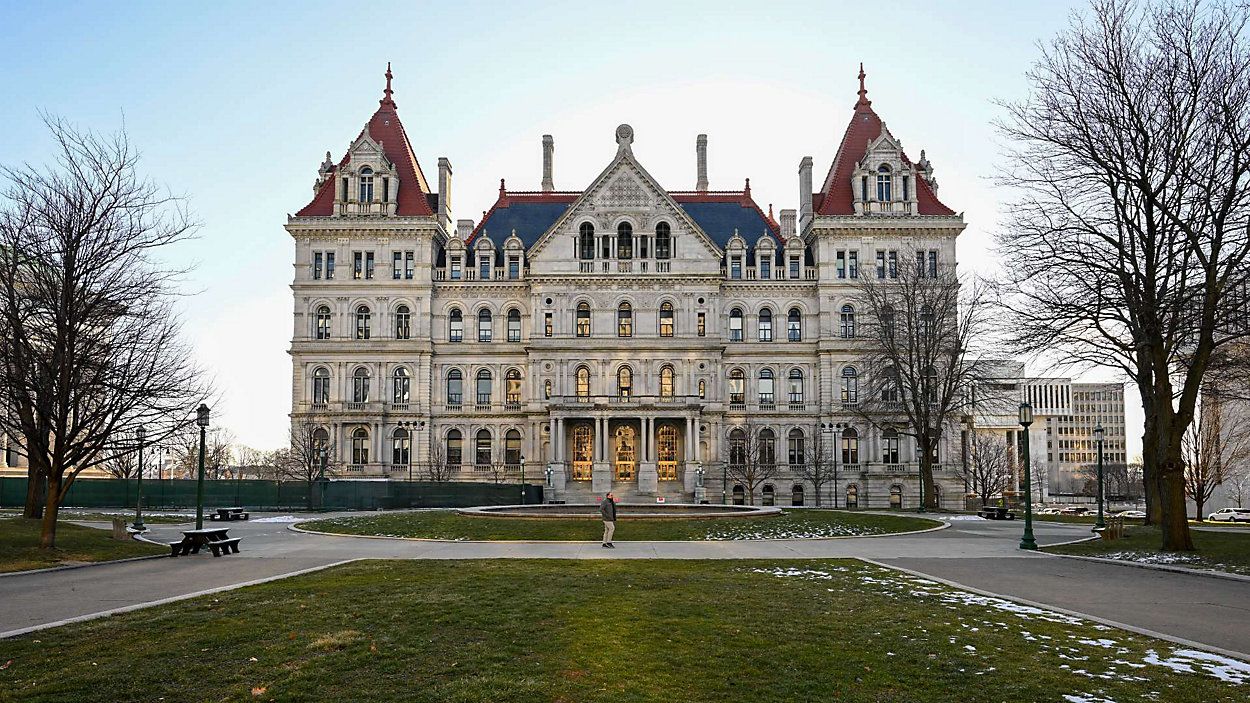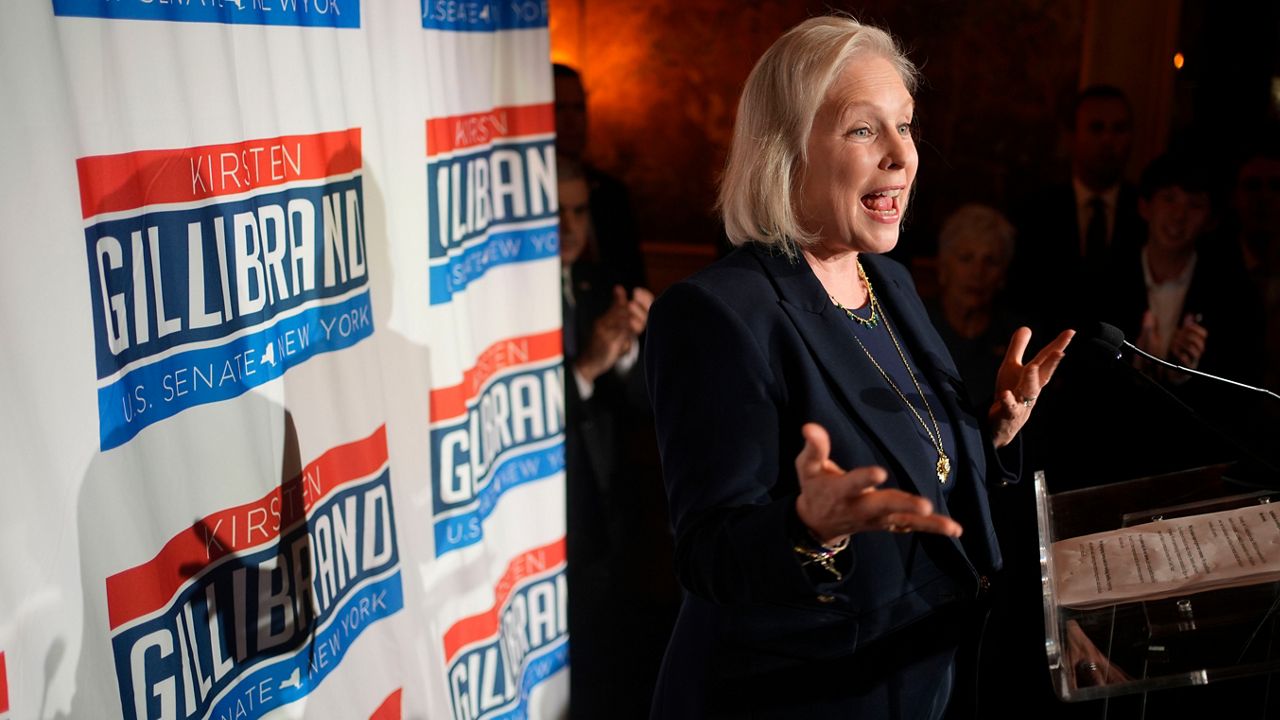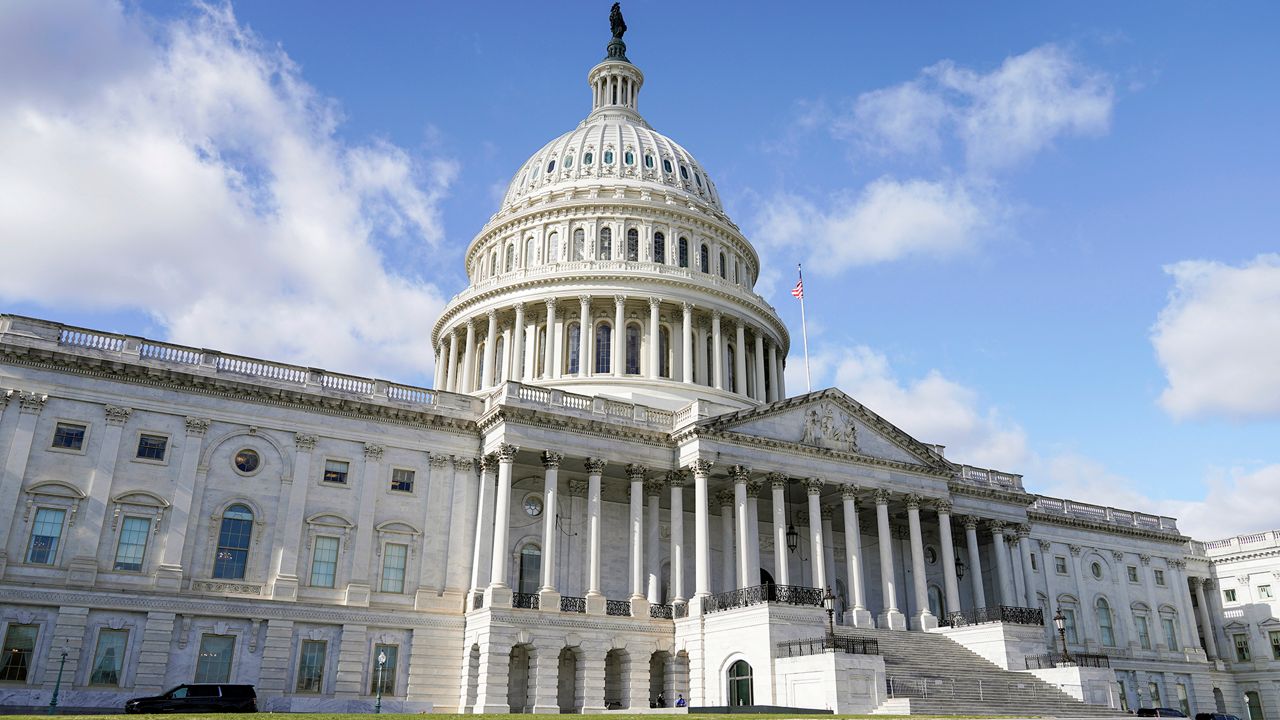After the initial surprise that Senate Democratic leader Chuck Schumer had come to an agreement with West Virginia Senator Joe Manchin on a climate and tax deal that could be considered the little brother of “Build Back Better,” advocates and opponents have started to dig into the plan’s details.
Proponents argue that the “Inflation Reduction Act of 2022” will help to reduce the deficit, invest in clean energy and allow Medicare to negotiate prices for prescription drug prices.
On the clean energy front, the bill would provide billions of dollars in tax credits over 10 years to companies that build new sources of emissions-free electricity. According to the New York Times, those sources would include wind turbines, solar, battery storage, geothermal and advanced nuclear reactors.
Nuclear power plants would also receive additional tax breaks under the bill.
There is also an extension of the $7,500 tax credit for the purchase of new electric vehicles, as well as a first-time $4,000 tax credit to purchase used electric vehicles.
The bill would also provide funding toward zero emissions public transit, and lower the costs of heat pumps.
According to Charles Khan, organizing director at the Strong Economy for All Coalition, while the bill has been substantially scaled down from “Build Back Better,” its provisions are generally welcome news for clean energy and tax justice advocates.
“What we’ve all seen from D.C. is that there’s been a huge bottleneck. We’ve been waiting for something to happen,” Kahn said. “We are seeing some good things on the environment and some bad things. We’re seeing good things on taxes, and we’re seeing some really good investments into renewables.”
The bill is expected to raise $739 billion in revenue and cut about $300 billion from the federal deficit. It will be paid for, in part, by a 15% corporate minimum tax.
“Every year when people hear Amazon doesn’t pay any federal taxes or Verizon doesn’t pay any federal taxes, this should eliminate that, so that at least, at a very minimum, they’re paying roughly 15% of their profits in taxes,” Khan explained.
The proposal also changes the timeline on the carried interest loophole, a tax preference that some economists believe has benefitted very wealthy investors.
The “bad things” in the bill that Khan referenced above is a suggested change in the environmental permitting for new oil pipelines.
“New pipelines, like Keystone or others that are held up because they have negative environmental impacts, this package would potentially change that to make it easier for them to go forward,” Khan told Capital Tonight. “The package also greenlights several new drilling opportunities in the Gulf of Mexico.”
The idea behind these changes is that they will increase oil production, which could, in turn, lower gas prices.
Opponents argue that the bill will do nothing to reduce inflation, and a study from the Penn Wharton school backs up that claim. The Penn Wharton Budget Model claims the proposal would cause inflation to “very slightly” rise until 2024 then slide after that.
Peter Warren, research director at the Empire Center for Public Policy, told Capital Tonight the name of the proposal (Inflation Reduction Act) is “Orwellian,” especially after the enormous stimulus plans of the last few years.
“Joe Manchin is now on board with a skinnier version of the ‘Build Back Better Act’…and all of a sudden that bill has been rechristened the ‘Inflation Reduction Act’ because we have a lot of inflation,” Warren said.
While the Empire Center for Public Policy hasn’t taken a stance for or against the bill, Warren is positive about the Act’s “all of the above” approach to energy policy.
“It does things to incentive nuclear. It does things that would increase offshore drilling,” Warren explained. “But I think on balance it would do more to encourage alternative energy production It’s very heavy on incentives to encourage manufacturers to increase production of alternative energy like wind and solar.”










